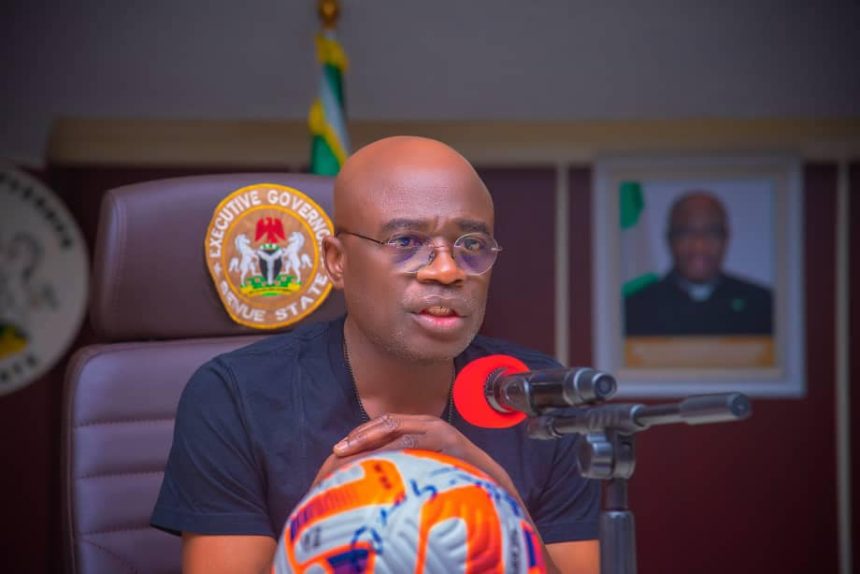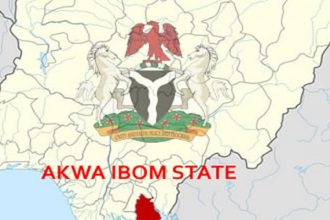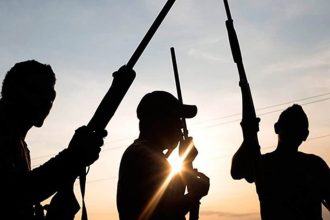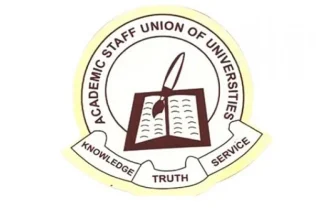The Benue State government has formally rejected the recent ranking by the UK-based Good Governance Rating Index (GGRI), which listed the state among the three worst-governed in Nigeria alongside Zamfara and Kwara.
In its report, the GGRI cited alleged collapse of rural infrastructure, dilapidated schools and hospitals, rising insecurity, economic stagnation, and pervasive corruption as factors contributing to the low ranking.
In a statement released on Tuesday, Chief Solomon Iorpev, Technical Adviser on Media and Strategic Communications to Governor Hyacinth Alia, described the report as “fundamentally flawed and misleading,” arguing that it relied heavily on unofficial data and lacked proper contextual analysis.
“The data on the ground clearly reveals that despite these challenges, Governor Alia’s administration has made significant strides in stabilising the state and implementing policies aimed at improving the quality of life for citizens,” Iorpev said.
He stressed that security, a major metric in the GGRI assessment, is primarily a federal responsibility, limiting the state government’s control over certain indicators cited in the report.
Iorpev highlighted several initiatives and accomplishments under the Alia administration, including the recruitment of 9,700 teachers, the establishment of a cancer treatment centre at Benue State University Teaching Hospital, and the ongoing construction of approximately 390 kilometres of road network across all 23 local government areas.
He noted the revitalisation of the Benue State Teaching Hospital, improvements in primary healthcare facilities, and initiatives to support medical workers and students.
In education, the government has constructed new storey buildings in government-owned primary schools, expanded teacher intake, awarded scholarships to high-achieving students, and promoted girl-child education. Infrastructure investments extend to roads, underpasses, solar-powered lighting, and the renovation of government buildings, including the State Secretariat and House of Assembly.
Agricultural programmes have been intensified, with the introduction of the Smallholder Farmer Outgrower Programme, provision of farm inputs, and youth-focused initiatives designed to stimulate production and create employment.
Iorpev also cited efforts to revive moribund state-owned enterprises and establish new ones, including bread and water factories, a nails manufacturing company, and a juice factory, aimed at boosting local economic activity.
On security, the administration established Operation Anyam Nyor, a joint task force, and the Benue State Civil Protection Guards, supported with vehicles and motorbikes, to enhance intelligence and maintain peace within the state.
“Given these ongoing efforts and tangible achievements, the GGRI report is a misrepresentation of the facts on the ground. We urge the GGRI and the public to consider the full picture, including the state’s consistent investment in infrastructure, education, health, agriculture, and security,” Iorpev said.
The statement reaffirmed the Alia administration’s commitment to transparency, accountability, and the welfare of Benue State residents, urging that future assessments take into account the broader socio-economic and developmental context of the state.


















